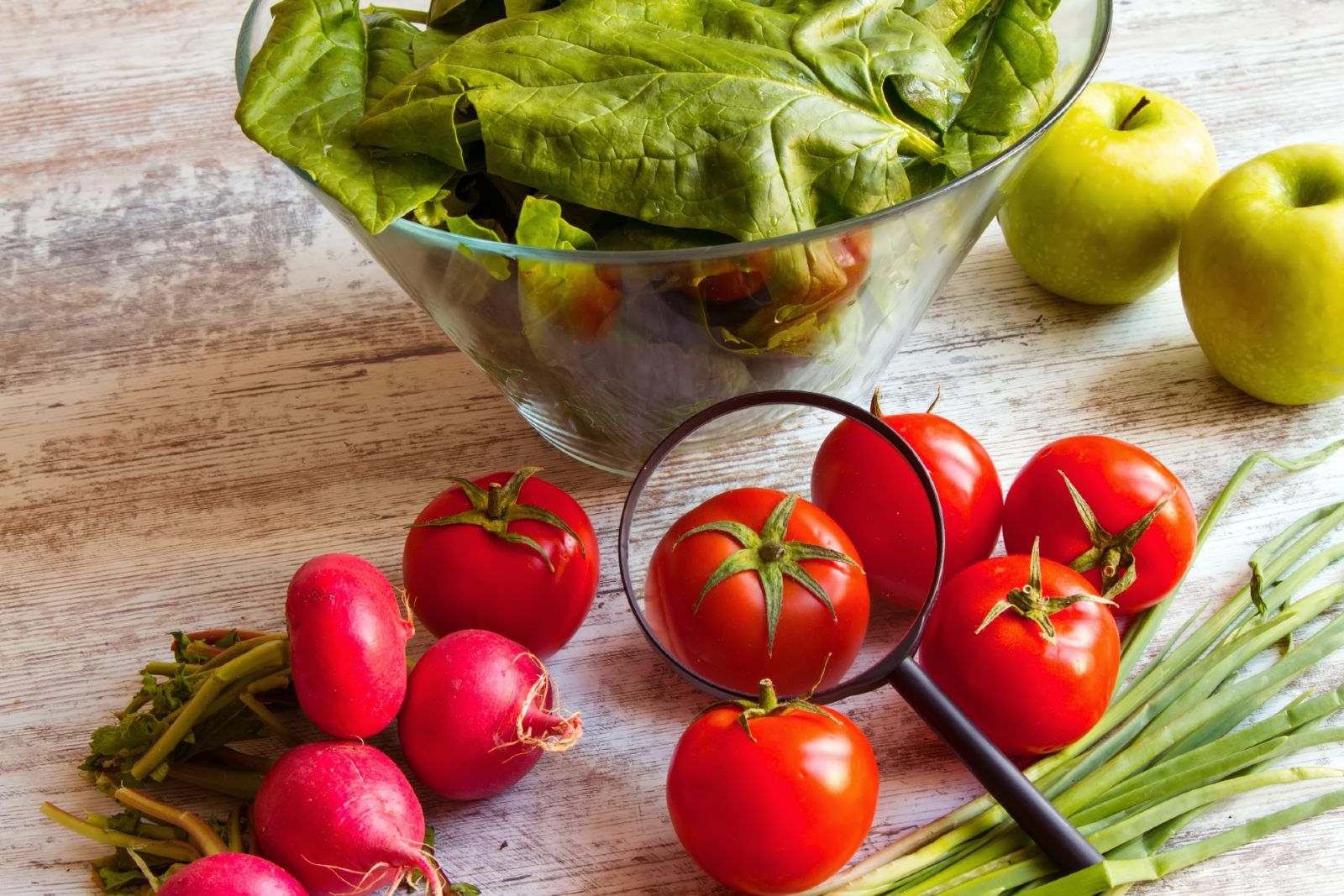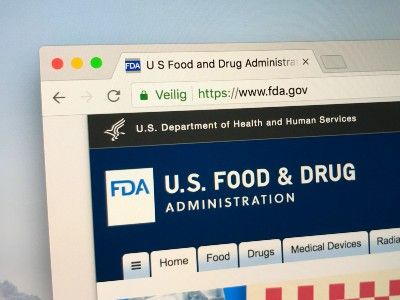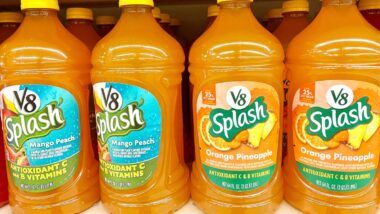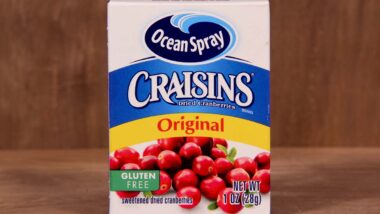Top Class Actions’s website and social media posts use affiliate links. If you make a purchase using such links, we may receive a commission, but it will not result in any additional charges to you. Please review our Affiliate Link Disclosure for more information.
A new petition says that the FDA should do more to regulate dangerous chemicals in food and beverages.
Citizens and experts have filed a petition with the U.S. Food and Drug Administration (FDA), urging the agency to better regulate some 10,000 chemicals that are allowed in foods and could cause developmental, cognitive and health issues in children and adults. By allowing these dangerous chemicals in food, the FDA is reportedly putting a large portion of the country at risk, the petition argues.
The recent citizen petition seeks action from the FDA to better protect consumers from these chemicals in food under the 1958 Food Additives Amendment.
“The FDA never considers the overall effect of these 10,000 chemicals on people’s health, which is what Congress was after,” Tom Neltner, the Environmental Defense Fund’s chemicals policy director, told CNN.
Over time, exposure to dangerous chemicals in food can allegedly cause serious health consequences to children and adults. The additive effects of chemicals such as chlorine, perfluoroalkyl and polyfluoroalkyl substances (PFAS), nitrates and more can reportedly disrupt endocrine function in the body.
Endocrine function is the way hormones work in the body to make sure everything runs as it should. Hormones signal growth, organ processes and numerous other vital bodily functions. If these hormone pathways are disrupted by dangerous chemicals in food, Americans could suffer significant consequences as their exposure to these chemicals adds up.
Pregnant women and their children are reportedly at a higher risk for adverse effects due to exposure to these chemicals through food. Children are particularly vulnerable because their endocrine, neurological and reproductive systems are still developing.
Unfortunately, around 10,000 chemicals are commonly found in foods, beverages and their containers — posing a real risk to consumers.
For example, plastic wrap can sometimes contain chlorine, while nonstick cookware could be coated with “forever chemicals” like PFAS. Food and even drinking water could contain nitrates and other concerning chemicals due to the use of fertilizers in agriculture.
According to the petition, everyday consumers can’t be expected to understand the ways certain chemicals affect their bodies, where these chemicals might be found, and how to be proactive about avoiding them. Instead, the petitioners argue that this burden falls to the FDA which should take more action to protect Americans from dangerous chemicals.
“Regulation and oversight of many food additives is inadequate because of several key problems in the Federal Food, Drug, and Cosmetic Act,” the American Academy of Pediatrics wrote in an August 2018 policy statement. “These are critical weaknesses in the current regulatory system for food additives.”
At the time, the American Academy of Pediatrics said “[s]ubstantial improvements to the food additives regulatory system are urgently needed.” Now, the academy has signed its support behind the recent petition asking the FDA for better regulations.
According to CNN, this petition has been supported by numerous other consumer and health advocates, including the Environmental Defense Fund, the American Public Health Association, Breast Cancer Prevention Partners, the Center for Food Safety, the Clean Label Project, the Consumer Federation of America, Consumer Reports, the Endocrine Society, the Environmental Health Strategy Center, the Environmental Working Group and Healthy Babies Bright Futures.
Under federal law, the FDA must approve, respond, dismiss or give a tentative response to the citizen petition with 180 days of its filing. Unfortunately, experts say the petition could take years to process if the FDA responds with a request for more time.
In the meantime, there are several things everyday Americans can do to protect themselves against chemicals in food which may hurt the health of themselves and their families.
The American Academy of Pediatrics — one of the expert supporters of the FDA petition — recommends prioritizing fresh or frozen fruits and vegetables and avoiding processed meats when shopping for food. By consuming a variety of fruits and vegetables, consumers can reportedly avoid the perils of highly processed foods.
Consumers should reportedly avoid running plastics through the dishwasher or microwaving these items due to the risk of leaching dangerous chemicals into food. When possible, Americans are encouraged to use plastic alternatives such as glass or stainless steel.
Experts have also urged Americans to raise their voices about this issue if they hope for the petition with the FDA to succeed. Even with numerous professionals and experts supporting the move, the petition may fall flat before it has a chance to succeed without public outcry over dangerous chemicals in food.
Do you worry about the effects of dangerous chemicals in food and beverages? Share your thoughts in the comment section below.
Read About More Class Action Lawsuits & Class Action Settlements:
Worship Service COVID-19 Restrictions Challenged By D.C. Church
President Trump’s Niece Files Lawsuit Accusing Him, Other Family Members of Fraud
Car Dealership Texting, TCPA Violations and Robocalls
Exxon and PBF Energy Reach $4.4M California Wage and Hour Settlement

















35 thoughts onPetiton: FDA Must Better Regulate Chemicals Added to Food
Add me
Add me please. I do worry about this. Everyone should care
add me
Add me please
Please add me